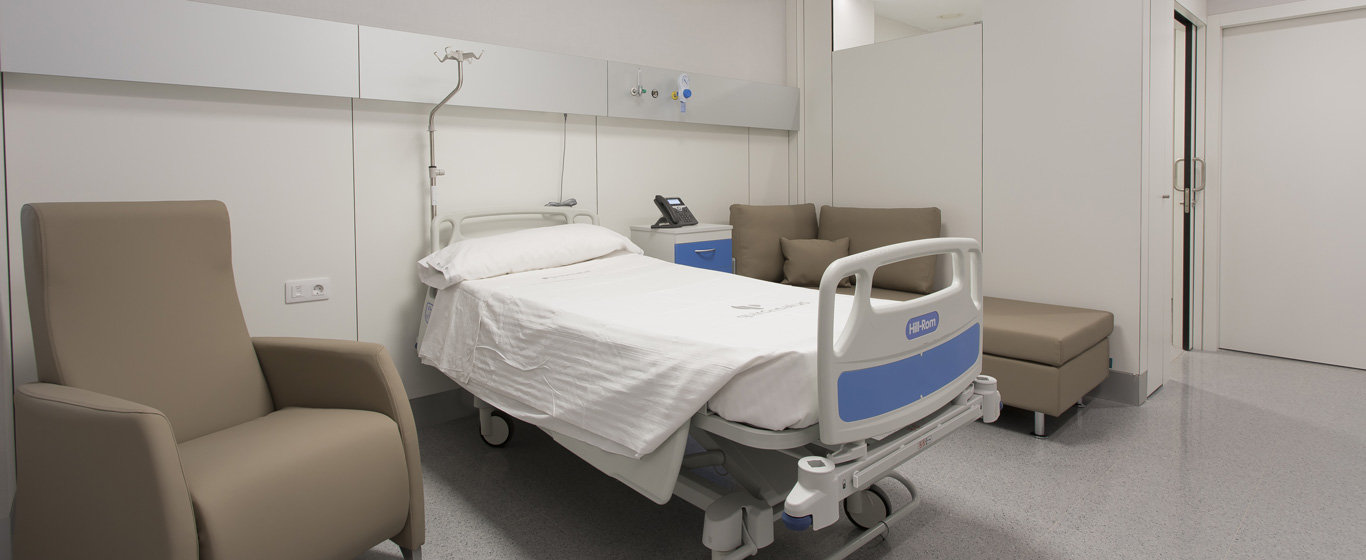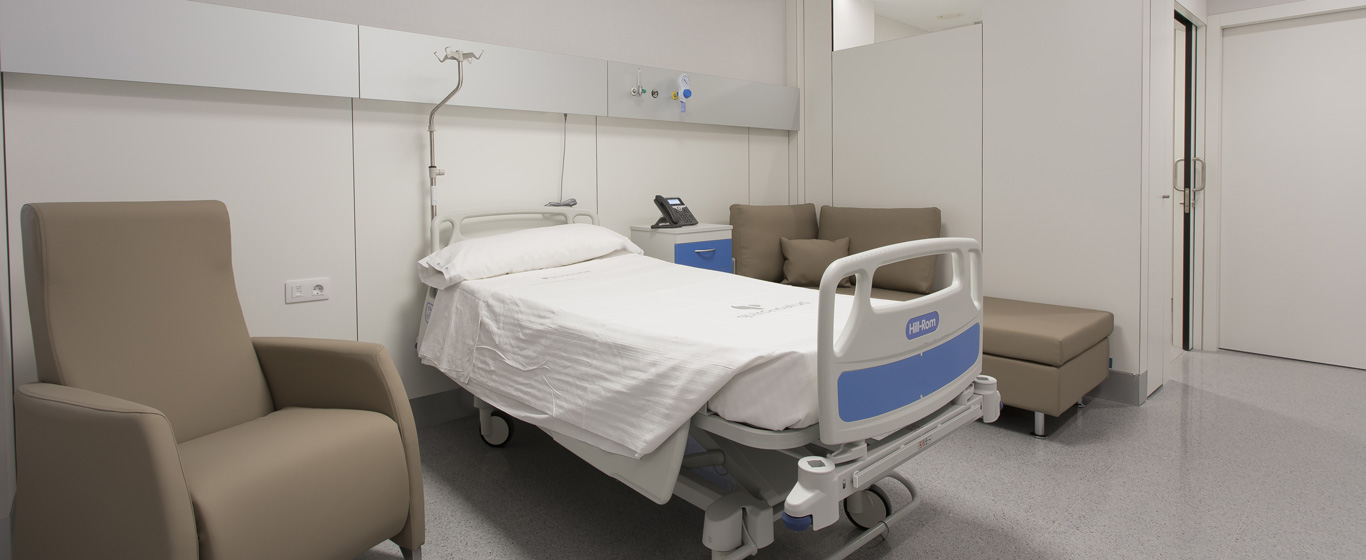Hemorroides
¿Por qué salen las hemorroides? Todo sobre las causas, los síntomas y los tratamientos más eficaces para desinflamarlas.
Síntomas y causas
Las hemorroides se producen cuando las venas del ano o de la parte inferior del recto se dilatan e inflaman y se transforman en una red de varices, que se conocen como plexos hemorroidales.
Se habla de dos tipos de hemorroides teniendo en cuenta dónde se producen:
- Hemorroides externas: aparecen en el exterior del ano y están recubiertas de piel, por lo que no es habitual que sangren. Cuando se trombosan, son de color morado o azulado.
- Hemorroides internas: también llamadas hemorroides internas congestivas, se presentan en el recto inferior y en la parte interna del ano. Es fácil que sangren porque solo están cubiertas por una mucosa, especialmente cuando descienden hasta la zona externa. Pueden ser de cuatro grados:
- Hemorroides internas de grado I: son pequeñas y producen picor, pero no suelen ser molestas. No suelen ser visibles porque permanecen internas.
- Hemorroides internas de grado II: tienen un tamaño medio y es normal que sangren. Se pueden prolapsar (salir al exterior) durante la defecación pero se reducen automáticamente.
- Hemorroides internas de grado III: es habitual produzcan picor, dolor y sangrado. A pesar de que durante las deposiciones se produce un prolapso y salen al exterior, pueden reintroducirse manualmente sin complicaciones.
- Hemorroides internas de grado IV o prolapsadas: son grandes y permanecen casi todo el tiempo en la zona externa del ano. Causan picor, escozor, dolor y sangrado.
En la mayoría de los casos, tanto las molestias como las hemorroides desaparecen en pocos días y solamente es necesario tratar los síntomas. Solo en los casos más graves, normalmente los de grado III y IV, requieren de un abordaje más complejo.
Síntomas
Es habitual que las hemorroides, especialmente las internas, pasen desapercibidas hasta que se manifiestan los síntomas. Los más comunes son:
- Heces con sangre (hematoquecia).
- Sangrado tras la deposición.
- Picor en el ano.
- Dolor, normalmente al defecar.
- Irritación.
Causas
La causa principal de las hemorroides es un aumento en la presión en el recto, por lo que los vasos sanguíneos se estiran y se inflaman. Este incremento de la presión puede deberse a:
- Estreñimiento, especialmente a un mayor esfuerzo excretar.
- Diarrea crónica.
- Embarazo.
- Pasar mucho tiempo sentado.
- Levantar mucho peso.
Factores de riesgo
Algunos de los factores que aumentan el riesgo de padecer hemorroides son:
- Envejecimiento, ya que los tejidos se debilitan.
- Embarazo, debido a que hay una mayor presión sobre el ano.
- Ritmos intestinales irregulares.
- Esfuerzo excesivo al defecar.
Complicaciones
La principal complicación es que se formen coágulos de sangre en la piel que recubre las hemorroides. Esta afección, llamada hemorroides trombosadas, produce mucho dolor, pero no es grave ni supone un peligro para la salud.
Prevención
Las hemorroides se pueden prevenir adquiriendo los siguientes hábitos, que también ayudan a que desaparezcan los síntomas cuando ya se sufren:
- Llevar una dieta rica en fibra.
- Beber agua en abundancia.
- Practicar ejercicio de forma regular.
- Evitar pasar mucho tiempo sentado, especialmente en el inodoro váter.
¿Qué médico trata las hemorroides?
Los especialistas en aparato digestivo, así como en medicina familiar y comunitaria, diagnostican y tratan las hemorroides. En los casos más graves, como las hemorroides trombosadas, intervienen los Proctólogos (especialistas en cirugía general y del aparato digestivo).
Diagnóstico
El análisis de los síntomas referidos por el paciente y un examen físico, tanto visual como digital (tacto rectal), permiten diagnosticar las hemorroides. No obstante, en muchas ocasiones se solicitan pruebas adicionales, como una colonoscopia, para descartar enfermedades más graves que presentan evidencias similares.
Tratamiento
El tratamiento de las hemorroides suele centrarse en aliviar los síntomas, por lo que se debe adaptar a la intensidad de los mismos. Entre los más utilizados, se encuentran:
- Pomadas, cremas o supositorios con medicación antiinflamatoria o descongestionante.
- Bandas elásticas: se colocan en la base para detener el flujo sanguíneo. De este modo, las hemorroides se desprenden en pocos días.
- Fotocoagulación o electrocoagulación: permiten detener el sangrado de las hemorroides internas.
- Escleroterapia: se aplican inyecciones con una solución que propicia que las hemorroides se sequen.
- Hemorroidectomía: consiste en una operación en la que se retira el tejido engrosado. No es un tratamiento habitual, solamente se recurre a la intervención quirúrgica cuando los abordajes anteriores no han funcionado de la forma esperada.
En todos los casos, se recomienda llevar una dieta equilibrada rica en fibra y agua, practicar ejercicio de forma regular y evitar el sedentarismo.









































































































